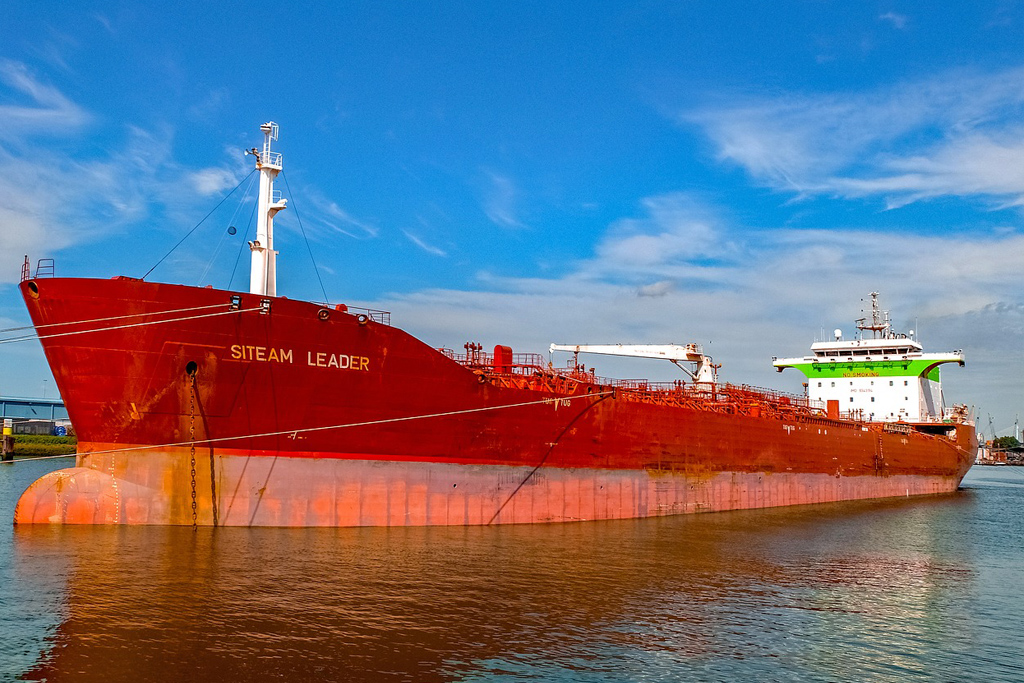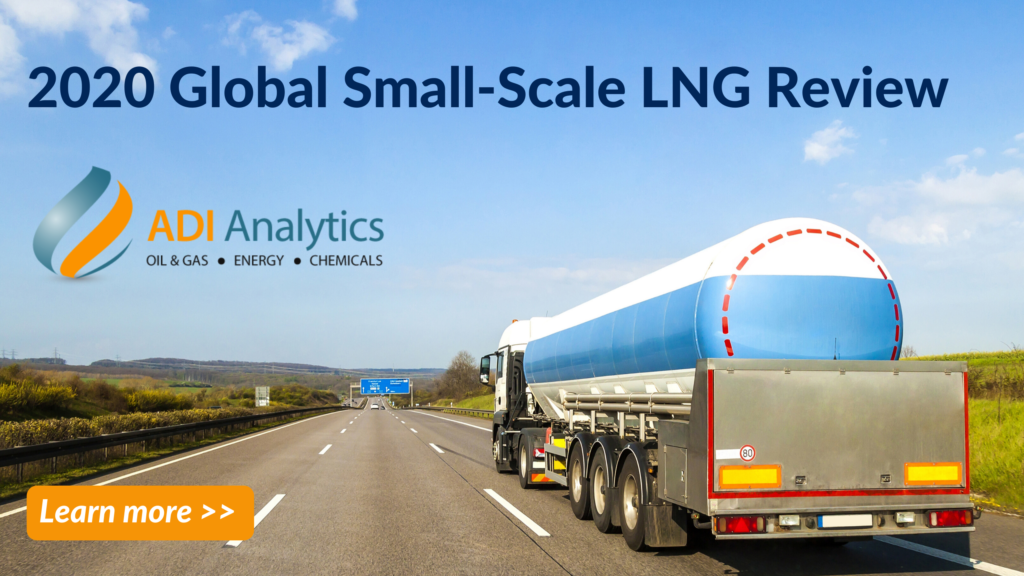
The market and contract structures for liquefied natural gas (LNG) are constantly evolving as the LNG market matures and deepens. Historically it was common for LNG suppliers to negotiate large-volume, 20+-year contracts, with A-rated credit buyers. Many of these legacy contracts have now ended and are being displaced by short-term, more flexible contracts. However, new buyers are still negotiating small-volume, longer-term deals to secure financing for LNG infrastructure investments.
This is especially true in emerging markets where the expansion into new markets has shifted the credit worthiness of LNG buyers from 97% A-rating in 2008 to ~30% A-rated in 2019. These newer buyers have caused the average contract length to increase from 6.4 years in 2016, to 13 years in 2019, after the average length declined from 2013 to 2016 as shown in Figure 1. The average contract volume is also shifting as it declined from 2013 until 2015 and increased from 2015 until 2018 before leveling off in 2019. Even after increasing, the average contract volume is 0.96 million tons per year (mtpa) which is substantially under the 1.55 mtpa in 2013.


Going forward the LNG market will likely be filled with short-term, spot contracts deals with very few 20+ year agreements as a percent of total contracts as buyers are increasingly demanding volume and destination flexibility. Volume flexibility grants buyers the right to reduce the annual contract volume and therefore their take-or-pay obligation. Buyers recognize the surplus of LNG in the market and are more willing to commit to short term contracts as the desire for long term contracts is diminishing. Destination flexibility is also attractive, especially amongst new buyers in emerging markets seeking to manage variations in domestic demand. Until the LNG market matures and commoditization occurs, there will continue to be fluctuations in LNG contract structures due to the growth in new suppliers, buyers, and demand segments.ADI closely monitors LNG markets, both small- and large-scale, and has supported clients by way of market assessments, technology assessments, cost benchmarking, regulatory analysis, and opportunity assessments amongst others. We have written a series of blogs on these topics and have also released a new Global small-scale LNG report. Contact us to learn more about how we are supporting clients in LNG markets.
-Brandon Johnson and Uday Turaga



















